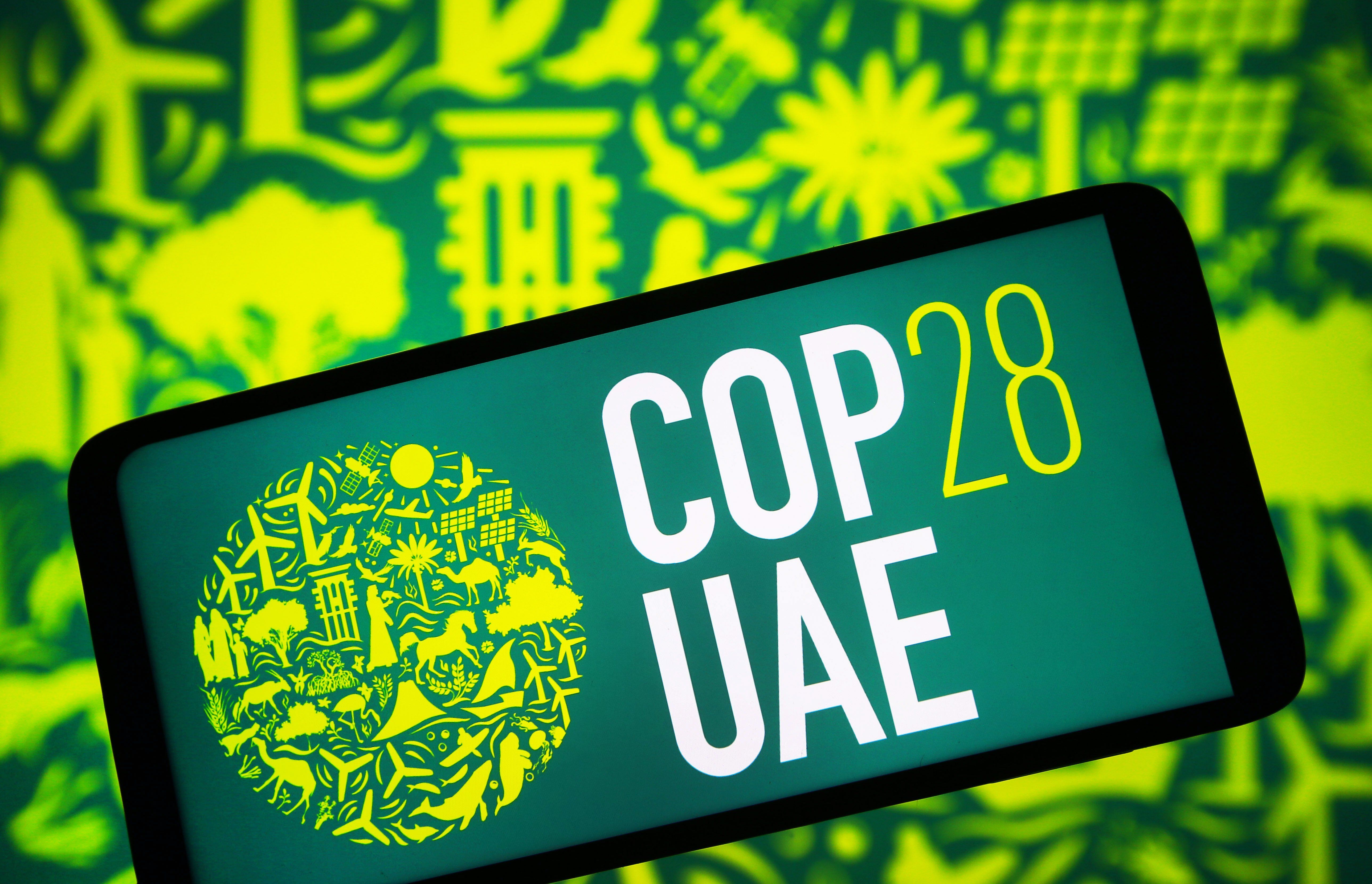As 60,000 delegates gather today in Dubai for the opening of COP28, scant progress on longstanding climate goals and an emerging scandal over the fossil fuel industry’s influence over the UN climate conference is undermining COP’s credibility.
On the eve of the summit, leaked documents suggested that the UAE, a major oil producer which is hosting the summit, has been using the occasion to press for oil deals. Talk about foxes in the hen house ...
What’s more, the heads of the world’s two largest and most polluting economies won’t even be there: US President Joe Biden and his Chinese counterpart Xi Jinping are skipping the event altogether.
So what’s on the agenda? One major aim is finding money for the so-called “loss and damages fund” that delegates agreed to create last year.
By 2030, the fund is meant to disburse $100 billion to help developing countries recover from climate-related disasters and adapt to a worsening trend of climate change that they themselves played almost no role in bringing about.
But so far the fund has been hamstrung by disagreements about how much major polluters like the US, EU, India, and China should have to contribute – the Chinese and Indians don’t want to put up nearly as much money as other major polluters. There’s also no agreement about how quickly to phase out fossil fuels. The US and EU want to move more quickly on those phaseouts than many emerging market countries in Asia and Latin America are comfortable with.
But it’s not all bad COP, there’s some good COP too. All the major players appear ready to commit to tripling renewable energy capacity worldwide by 2030, for example. An agreement to triple nuclear power capacity by 2050 also appears promising, though some EU member states, like Germany, are likely to object.
And some important topics are new to the agenda, including addressing growing water scarcity and finding ways to balance the needs of food production with emissions reduction (also the focus of this week’s GZERO Live event “High and Dry: Tackling Global Water Stress”). That’s good news according to Shari Friedman, Eurasia Group’s managing director for climate and sustainability.
“If you approach climate separate from water, separate from agriculture, separate from biodiversity,” she warns. “You end up creating problems that then you have to fix later.”
Still, the biggest challenge for COP28 is about something bigger than any one policy area: More than a quarter of a century after the first COP was held in Berlin, does the UN-backed climate agenda still have credibility?
The world is making agonizingly slow progress on carbon emission reductions, and its targets to reach net zero emissions by 2050 will require changes so large as to be unrealistic.
For more on what to expect from COP28, don’t miss our interview with Eurasia Group Vice Chairman Gerald Butts, who was a part of Canada’s delegation when the Paris Agreement was adopted at COP21 in 2015.
- Water crisis: Preserving fresh water sources is crucial to survival - GZERO Media ›
- What will it take for the world to get serious about water? - GZERO Media ›
- Why businesses are leapfrogging governments on water issues - GZERO Media ›
- What will it take for the world to get serious about water? - GZERO Media ›
